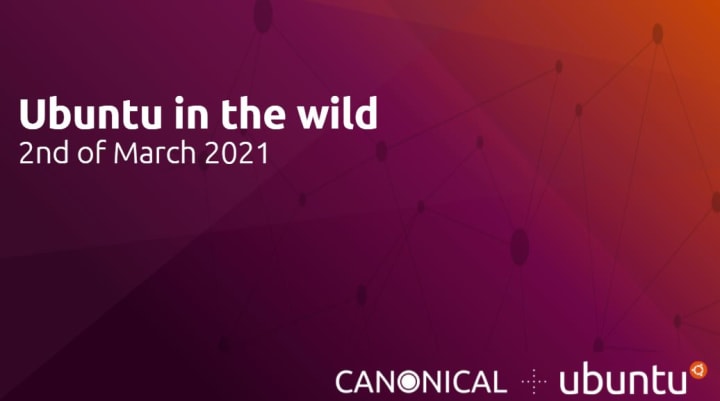The Ubuntu in the wild blog post ropes in the latest highlights about Ubuntu and Canonical around the world on a bi-weekly basis. It is a summary of all the things that made us feel proud to be part of this journey. What do you think of it?

Why companies are still going manual
Companies are aware of the fact that they need to rely on automation to successfully scale their IT infrastructure. However, getting there can be quite complex. This article goes over the reasons why nearly two-third of tasks are still done manually across IT functions.
Read more on that here!
Ubuntu Groovy Gorilla review
After enjoying the previous Ubuntu release, 20.04, TechRadar is back with a review of Ubuntu 20.10. With an overall rating of 8/10, Groovy Gorilla has a lot to offer.
Read more on that here!
Certification Partner Program: DFI joins us
First, to join the Ubuntu IoT Hardware Certification Partner Program, DFI will collaborate with Canonical to help IoT developers shorten software introduction timelines as well as lower the risk associated with system updates.
Read more on that here!
What is Kubernetes?
If you are wondering what Kubernetes is, why it matters, and how to implement it successfully, this article is for you. Alex Chalkias, Product Manager at Canonical, covers all of the above in this piece for the Austrian IT news platform COMPUTERWELT.
Read more on that here!
Women in tech: from academics to open source
Monica Ayhens-Madon, Ubuntu Community Representative, will talk about career switching through open source involvement for the TECH(K)NOW days. You can tune in on the 8th of March to discover how she transitioned from academics to the world of Open Source.
Read more on that here!
Ubuntu wants to code the future of Italy
This one could interest our Italian readers: Lorenzo Cavassa, Field Engineer at Canonical, will be talking about how to create Kubernetes clusters on any type of substrate, from public clouds to private data centers to the Edge, with the automation and flexibility provided by Juju and Ubuntu.
Read more on that here!


